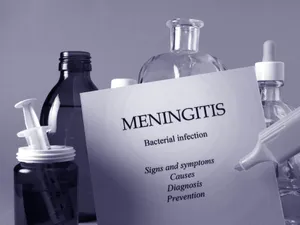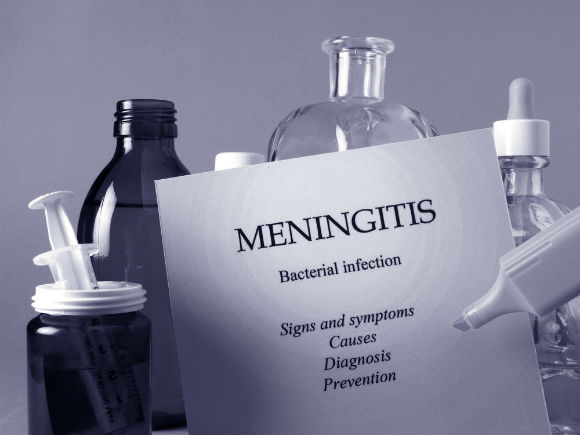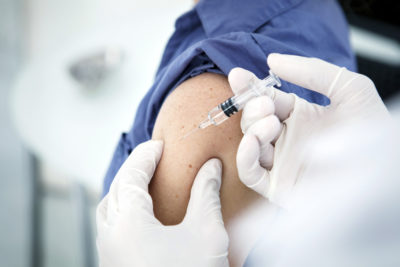
Massachusetts’ Department of Public Health conducted 40 inspections of sterile compounding pharmacies after the meningitis outbreak last fall killed 45 people and caused 696 illnesses across 20 states. Illnesses and deaths were blamed on steroid injections distributed by the Massachusetts-based New England Compounding Center (NECC).
Following the outbreak, Massachusetts Governor, Deval Patrick, launched “a series of aggressive initiatives,” which included pop up inspections, pharmacy closures, and tougher regulations, all aimed at preventing a recurrence of the outbreak. New regulations include:
- The hiring of additional health inspectors
- Sterile compounding pharmacies must report volume and distribution
According to the health department, “Over the course of the unannounced inspections, partial or complete cease and desist orders were issued to 11 pharmacies for a range of violations.”
Eight of the 11 have submitted corrective plans. However, these must be implemented before sites are permitted to pass a re-inspection. Twenty-one additional pharmacies were cited for minor infractions, which have since been, or were in the process of being corrected.
In the meantime, the FDA warns patients about purchasing drugs from compounding centers in the state. As for NECC, the public health department revoked their license to operate in October, and have also launched a criminal investigation to examine practices at the company.
Source: CNN



